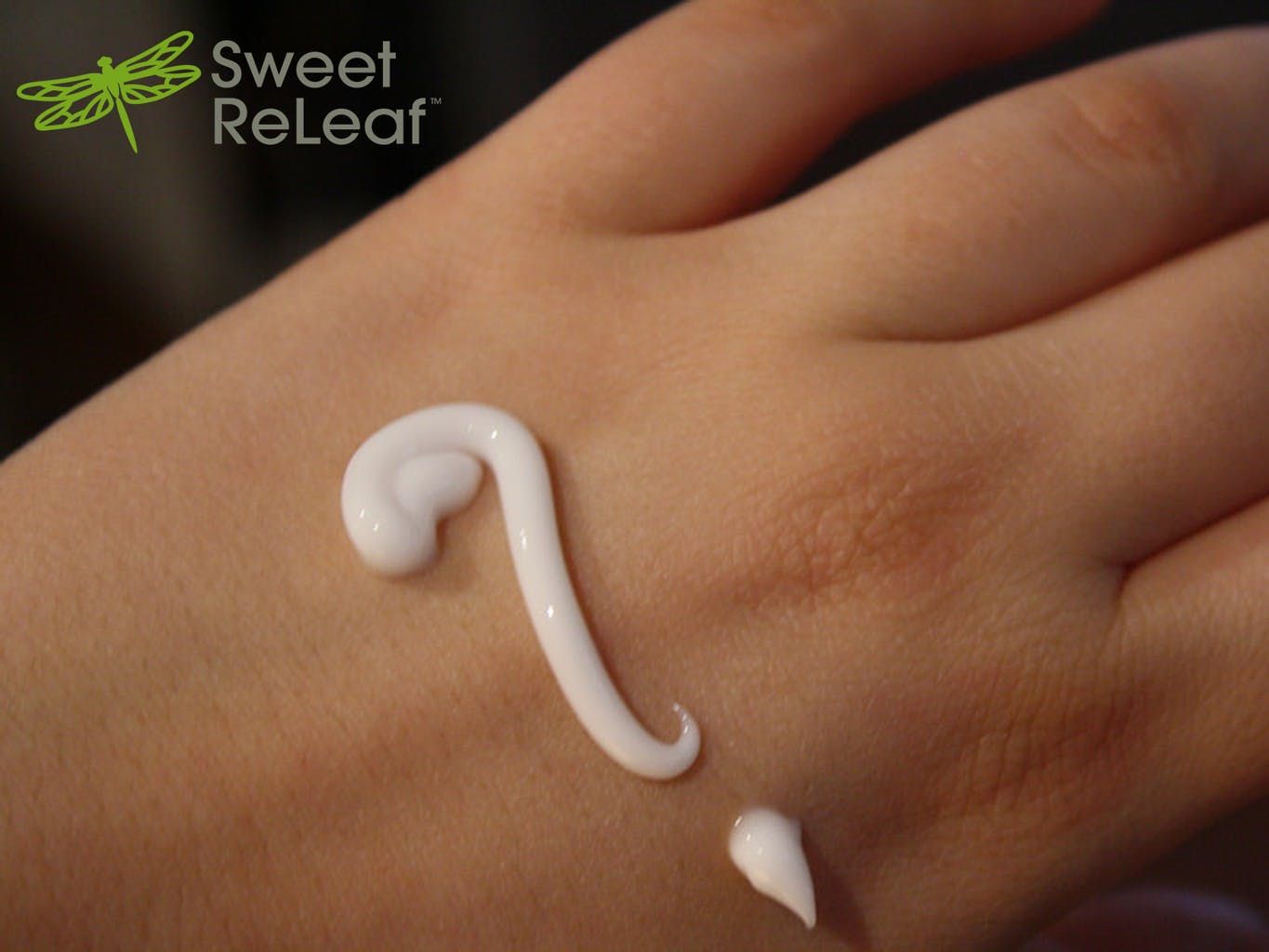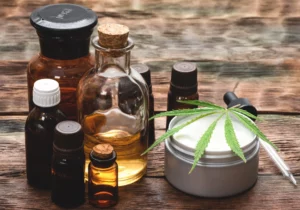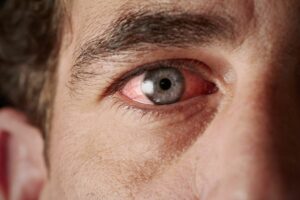Didi Davis is founder of Sweet ReLeaf, a topical cannabis manufacturer in California. Sweet ReLeaf created one of the most effective and beloved topicals—it’s creamy and smells wonderful—on the market today.
As Didi says, "We believe in the healing power of plants, specifically how the human endocannabinoid system communicates with the compounds found in cannabis. We like to call it ‘Intelligent Medicine.’" In her first blog post, Didi talks about the healing relief found with topicals—and whether you need to worry about passing a drug test when using them.
FOLLOW US ON FACEBOOK & INSTAGRAM
The Dangers of Prescription Drugs
Millions of Americans deal with pain every day of their lives. Most rely on prescription drugs to ease their aches on a daily basis. It has been reported that 52 million Americans use painkillers regularly both medically and recreationally.
Prescription drugs come with a slew of side effects—some that may hinder your ability to drive or remain alert. There’s also the risk of addiction and even fatal overdose that can be associated with prescription pain medicines. A recent study found that over 28,000 people died from an opioid overdose in 2014 alone. The numbers are staggering, despite prescription narcotic drugs still remaining a common staple in the average home.
Pain Relief With Medical Marijuana
Cannabis has a long-standing relationship with pain sufferers and has been used as a pain reducer for centuries. It’s the solution for those who want to live a healthy, natural life without depending on harmful substances.
For folks with muscular pain and even certain skin conditions, cannabis topicals have proven especially beneficial and can offer something prescription medications can’t—an uninterrupted life. Cannabis topicals don’t make you high, they don’t interfere with your ability to work or remain active, and they take effect right away so you feel relief immediately.
However, as cannabis use grows, this question comes into play: “Will cannabis interfere with my life?” One concern is how cannabis topicals may conflict with drug testing. Will THC show up in my system if I use a cannabis topical?
Types of Cannabis Topicals
The first thing to consider is what kind of topical you’re using. Topicals come in different forms: salves, oils, sprays and lotions. Any topical that’s administered to the skin isn’t going to enter your bloodstream. You won’t experience a high, and you won’t have trace amounts of tetrahydrocannabinol (THC) in your system. This is similar to a doctor rubbing alcohol on your skin to cleanse an area. Skin contact with rubbing alcohol won’t intoxicate you because it’s not entering your bloodstream. Should you decide to go rogue and take a swig—that’s another story.
There are other forms of skin-administered cannabis that do transmit THC into the bloodstream and can produce a positive drug test. One example would be the transdermal patch. Transdermal cannabis patches act very much like nicotine patches. Their purpose is to deliver a strong dose of THC to the patient through the skin’s surface. In the case of the patch a drug test will likely turn up positive.
Take Precautions With Marijuana Topicals
Although rubbing a cannabis-infused topical on your skin will not get you high or cause you to fail a drug test, there are some things to consider. While skin contact can’t deliver a high, contact with your mouth or eyes can. Just like any other topical medication, chemical or inedible substance, you should be careful to avoid ingesting it by accident. The best way to avoid this is to wash your hands right after you apply your medication. If you want to be extra careful, you can even wear plastic gloves to apply cannabis topicals.
If you’re a nail biter, an eye rubber or even if you plan to enjoy a nice warm bath immediately after you apply a topical, be careful. There’s still the risk that you can spread the topical to areas of your body that will deliver it to the bloodstream. Use the same safety precautions you would for any form of medication. It’s also important to understand the difference between topical creams and patches if you need to take a drug test.
Remember Cannabis Topical Safety:
- Wash hands immediately after applying topicals.
- Avoid bathing or steaming after use.
- Be sure to avoid eyes and mouth during and after application.
- Use nonporous gloves to apply topicals for extra precaution.
Know Where Your Cannabis Topicals Come From
Technically, there really isn’t a cannabis product on the market that can promise it’s completely drug-test safe. Aside from the element of user error, there’s still the issue of product integrity and mis-marketing. As the medical marijuana industry expands, remain diligently educated both on the ingredients of your medicine and their producers. Be conscious of novelty cannabis products, which claim to be completely drug-test resistant. They may very well be safe for drug tests, even if accidentally ingested, but they likely won’t be very effective in easing your pain.
RELATED: DIY RECIPE: MARIJUANA INFUSED TOPICAL FOR PAIN RELIEF
Advice if You’re New to Medical Marijuana
If you’re new to medical cannabis, the best rule of thumb is to stay educated. Ask your local dispensary about the products you’re buying. Find out the products’ source, how they’re made and their ingredients. Most dispensaries are dedicated to patient education and will happily provide information about every item they sell. Embrace the cannabis community and take advantage of the wealth of wellness information.
Do you have questions about Sweet ReLeaf? Ask a question about the product in HelloMD’s new Answers feature. A doctor or member of our community will answer your question.
If you’re new to cannabis and want to learn more, take a look at our Cannabis 101 post. HelloMD can help you get your medical marijuana recommendation; it’s easy, private and 100% online.






